Experts say that online scams are becoming more and more sophisticated, making it difficult for many people to detect. The increasing situation of buying and selling personal data in Vietnam also makes it easier for scammers to access victims' information; from there, scam scenarios are built in detail, sophisticated and targeted at victims.
In the content of "Weekly News" from March 25 to March 31, the Department of Information Security (Ministry of Information and Communications) noted 7 prominent forms of online fraud in Vietnam and internationally:
Lost billions when participating in the Dropshipping retail business model
Dropshipping is a form of retail where the seller does not need to store products in stock, just needs to transfer orders and customer details to the manufacturer or product supplier. Recently, this retail business model has been exploited by subjects to lure many victims to participate and defraud them of their assets.

Citing the case of Hanoi Police reporting on March 26 that a woman living in the area was scammed out of 12 billion VND when participating in the Dropshipping model through the Supply Helper application, the Information Security Department advised people to be cautious when doing business on social networks. People need to carefully verify information when participating in the Dropshipping model and making money transfers, and be cautious of opportunities to receive large profits thanks to online business applications.
Impersonating an officer of the Department of Information and Communications to call and scam people
The Department of Information and Communications of Bac Lieu province has recently received continuous reports of some individuals impersonating officials of the Department to call departments, branches, localities and people, showing signs of fraud. Not only in Bac Lieu, since January, many Departments of Information and Communications of other localities such as Ca Mau, Soc Trang, Can Tho have also encountered this situation.
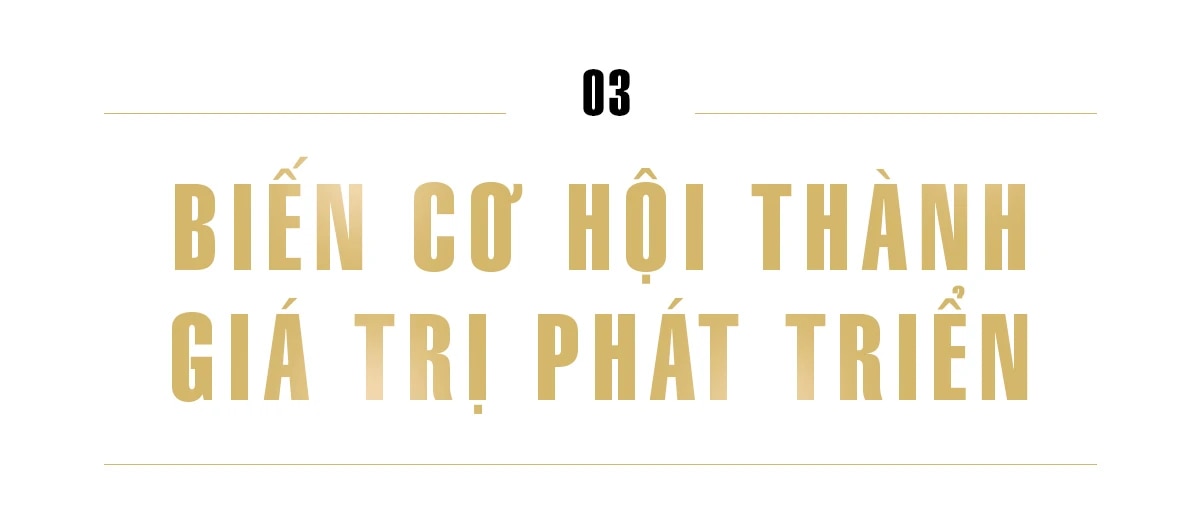
Recommending people to be more vigilant, the Information Security Department also noted that people need to equip themselves with knowledge to protect themselves on social networks; Do not provide personal information. When receiving strange calls or contacting groups on social networks, people should not follow the requests or instructions of the subject, without researching and verifying the subject's identity, especially money transfer transactions.
Risk of being lured into accessing fraudulent websites when using free Wi-Fi
Regarding the information that a user in Hanoi, when accessing free Wi-Fi, was lured to access a strange website with signs of fraud, the Information Security Department analyzed: Advertising networks are often sold to others, companies selling advertising on Wi-Fi cannot control the content. Therefore, when users access, the returned information can be posts about fake goods, poor quality goods, or even scams; The attached links can be completely infected with malware.

The Information Security Department recommends that mobile users always be vigilant when accessing new Wi-Fi systems, especially in public places. Because at that time, the user's connection depends on the settings of the Wi-Fi provider. In case of encountering strange information, users should ignore it. Users should also note that they should only perform important transactions on trusted networks such as home or company Wi-Fi or 3G/4G networks from their phones.
Create fake Facebook of famous people to scam "black credit"
A subject has just been investigated by Lang Son police for fraud and appropriation of property online. On Facebook accounts named "Huan", "Huan Hoa Hong", "Bui Xuan Huan"... purchased through groups, the subject impersonated Bui Xuan Huan (an "internet gangster") to post information about online loan services. When customers agreed to borrow money, the subject asked them to transfer a deposit in advance or transfer an amount to prove their income. The subject then continued to ask the victims to pay more fees and appropriated money, blocking communication.

The Information Security Department recommends that when people need to borrow money, they should seek reputable lending institutions such as banks and legal financial companies; Be wary of loan advertisements that are enticing. People should not provide personal information or bank accounts on untrusted websites or applications; Do not transact with unidentified individuals; Do not download or borrow money through mobile applications of unknown origin and illegal operations; Do not access strange links to avoid information disclosure.
Warning of tax fraud during peak tax settlement month
The tax authority has recently received many reports about the behavior and tricks of subjects impersonating tax officials to commit fraud. The tricks of the subjects are impersonating tax officials to make phone calls, send messages, add friends on Zalo, provide links and instructions for tax settlement, instructions for installing software that impersonates tax authority applications; From there, they steal personal information, bank accounts and appropriate assets.

The Information Security Department recommends: When receiving messages, taxpayers need to carefully check the content, do not rush to reply or follow the instructions in the message; At the same time, it is necessary to note that the tax authority's websites all use the "https" protocol and the ".vn" domain name. Taxpayers also need to save messages and calls with signs of fraud as evidence, report to the network operator managing the subscriber to request handling, provide evidence to the police and tax authorities to request handling of the subjects' violations.
Beware of International Attack Campaign
According to the Department of Information Security, the cyber attack campaign carried out by the APT group Earth Krahang has affected 70 organizations and targeted at least 116 organizations in 45 countries, including Vietnam. The Earth Krahang group uses many different forms to attack the systems of government organizations. The group also uses “spear-phishing” (a form of attack via fake emails - Editor's note) as a means to access the system, with email content related to global political issues to trick users into opening attachments or clicking on malicious links.

The Information Security Department recommends that people be cautious with files sent from unreliable sources or suspicious email content; Carefully check the sender's email address and email content; Do not click on attachments or links in emails when suspicious; Do not provide personal information or bank accounts when requested to declare information from emails.
Users should use anti-virus software to scan email attachments, pay attention to security issues when using email when connecting to public wireless networks, do not use one email for multiple Internet services, regularly change email passwords to strong enough, do not leave default passwords, and set up 2-layer security for email.
New form of fraud appears impersonating Apple support staff
Information about a new form of fraud targeting Apple product users has appeared abroad, the Information Security Department said, scammers take advantage of the weakness of the MFA multi-factor authentication feature to spam target devices. The calls impersonating Apple support staff aim to trick users into revealing the Apple ID reset password sent to the device, after which the subject will take over the user account.

The Information Security Department recommends that Apple users in Vietnam be especially careful with unusual calls; Do not accept strange calls, especially in the form of service support. Users should also not follow the subject's instructions without verifying their identity, especially not providing personal information. In case of needing service support, users should choose official websites and proactively contact to avoid being scammed and having their property stolen.

Source








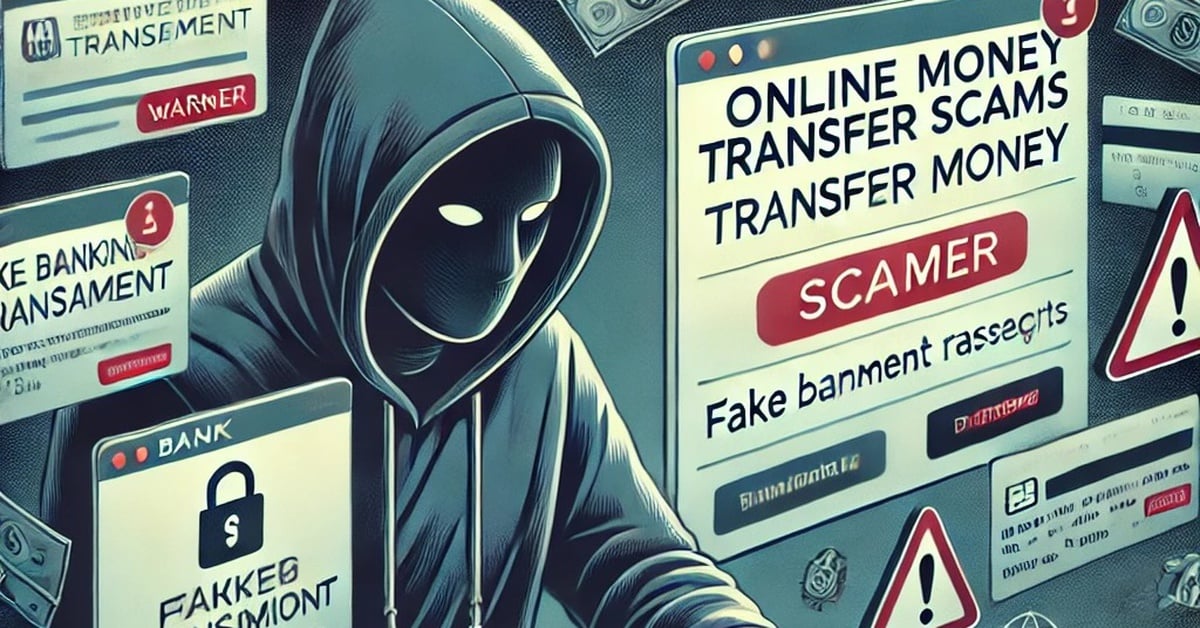

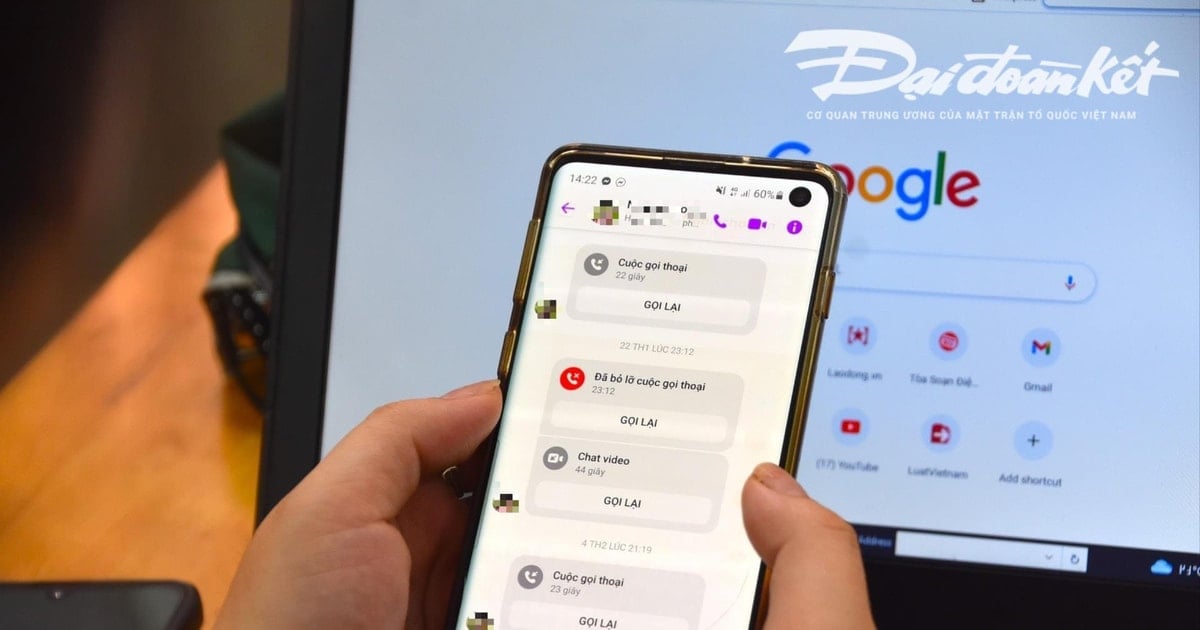



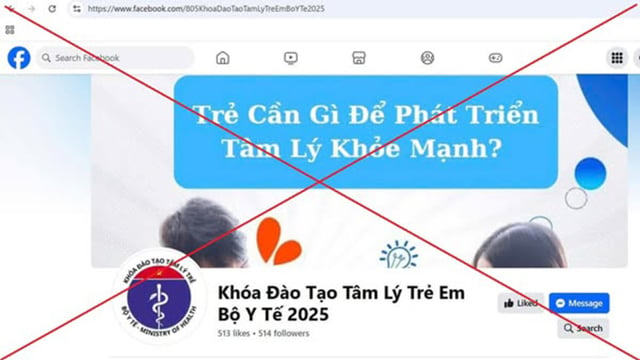

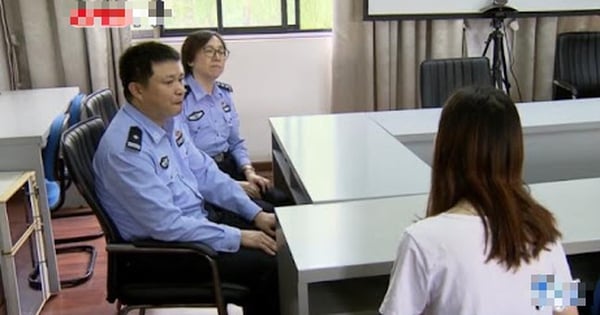


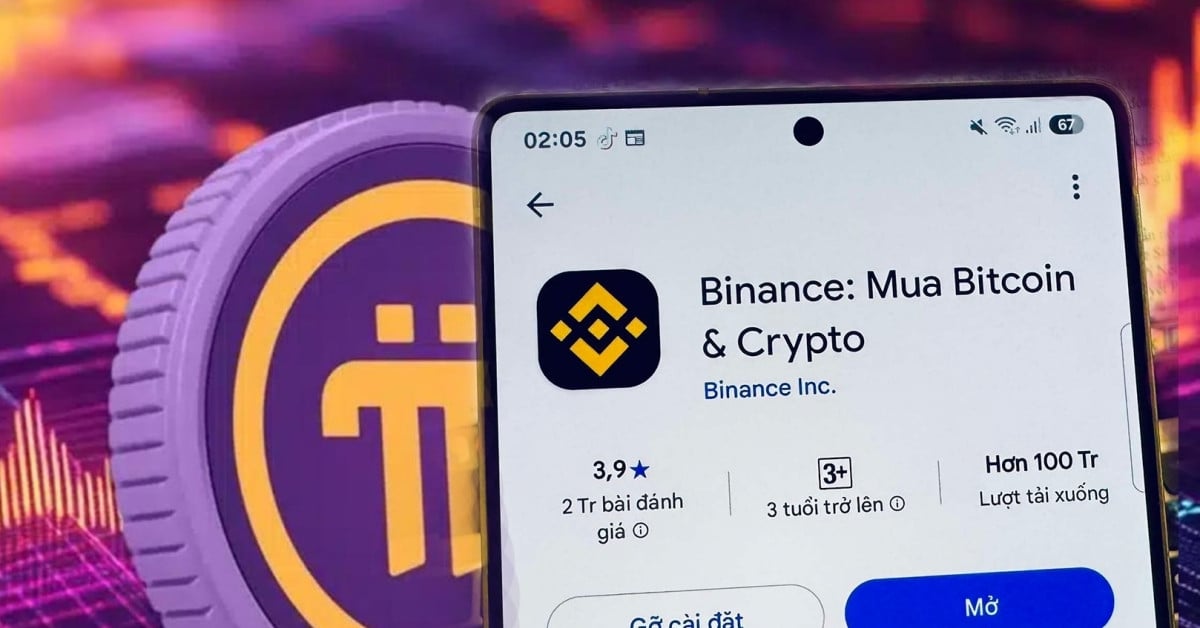
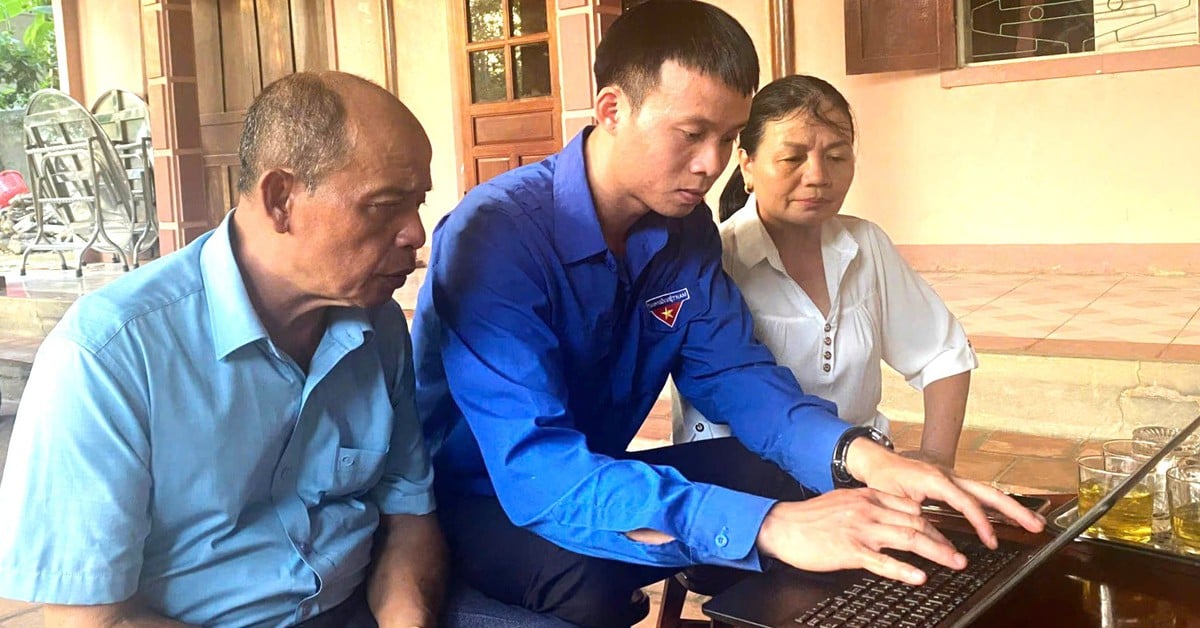




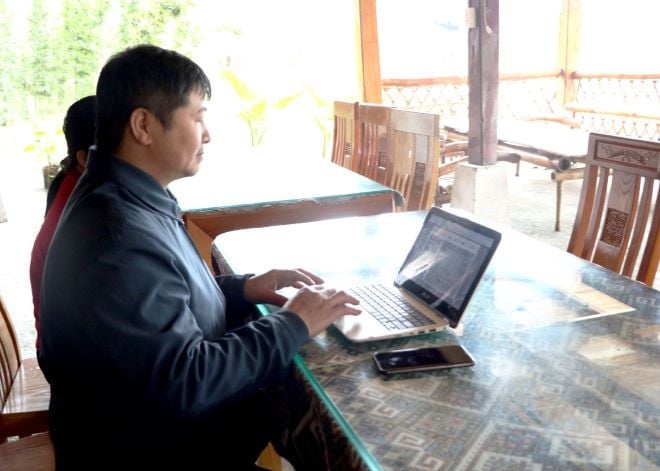






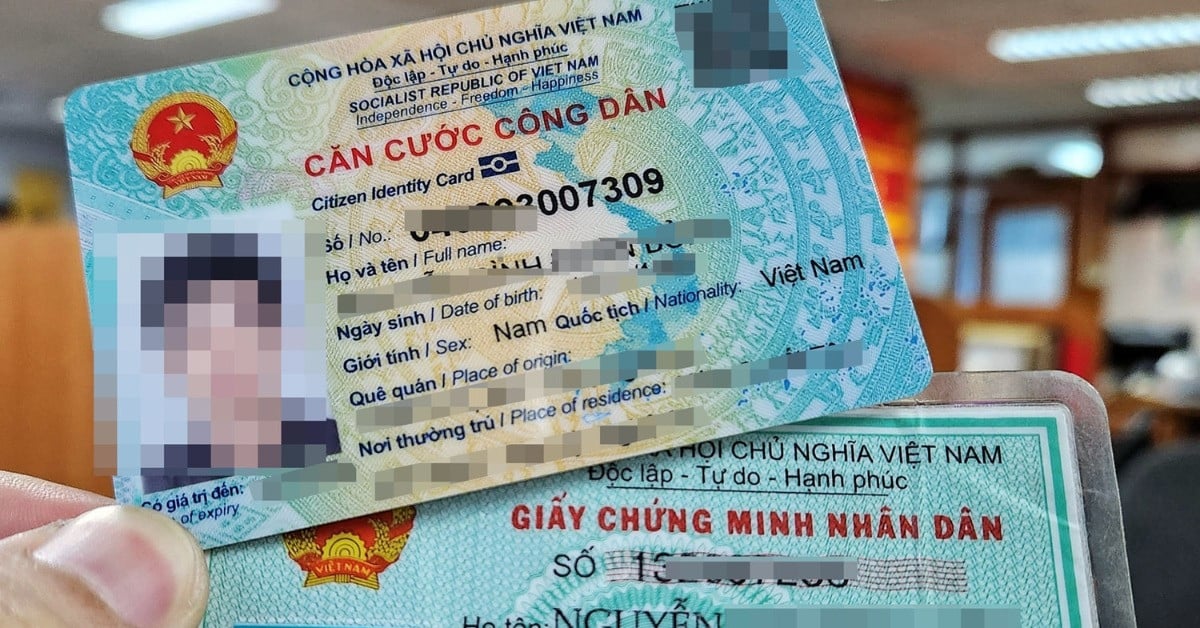
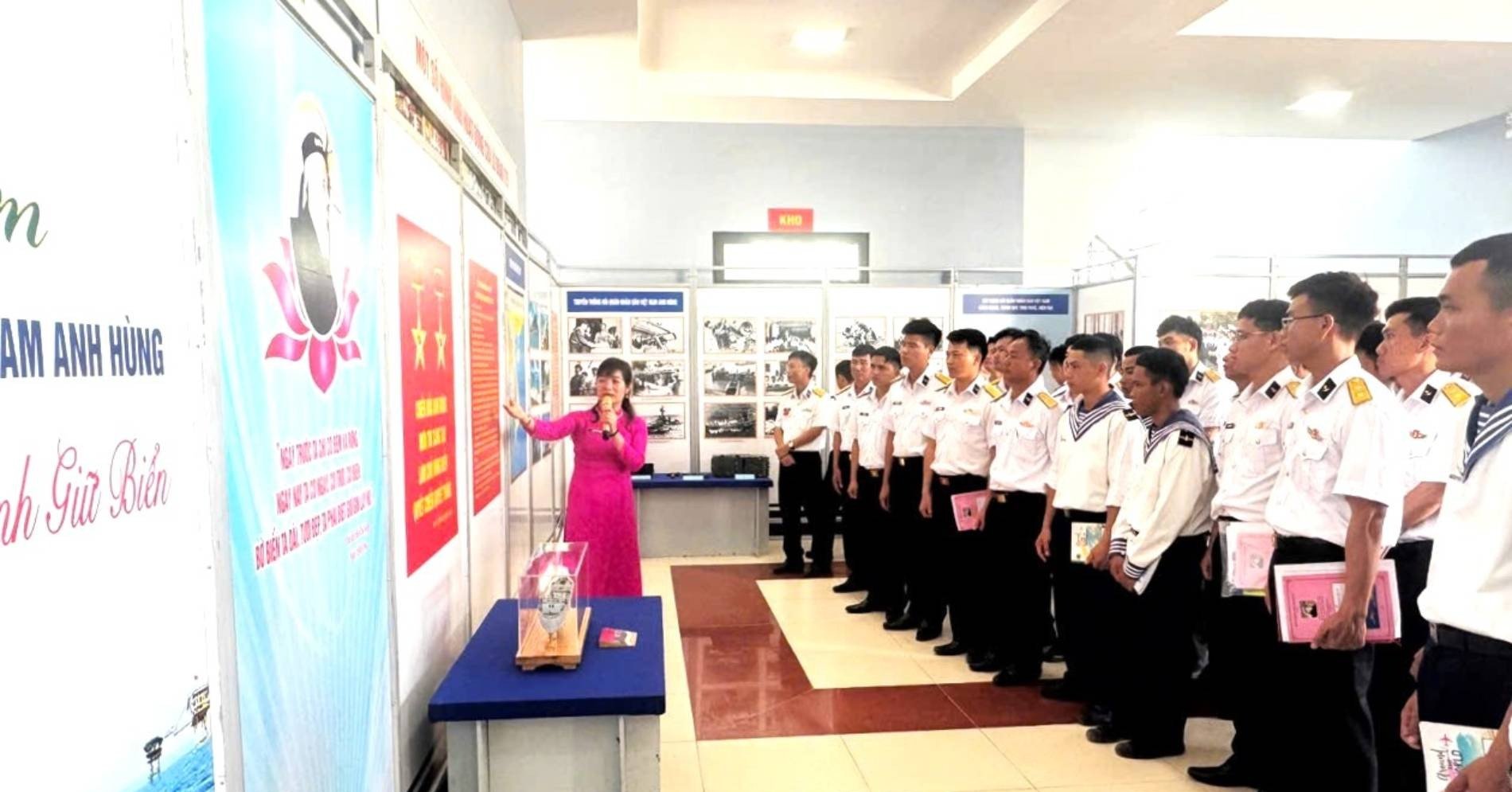







































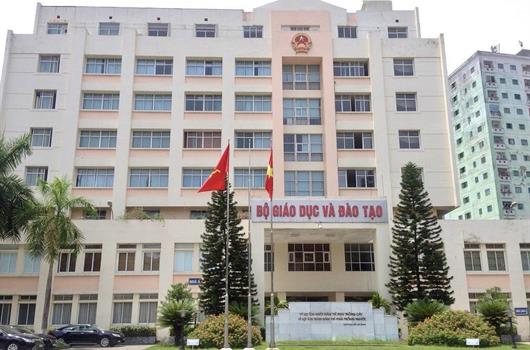










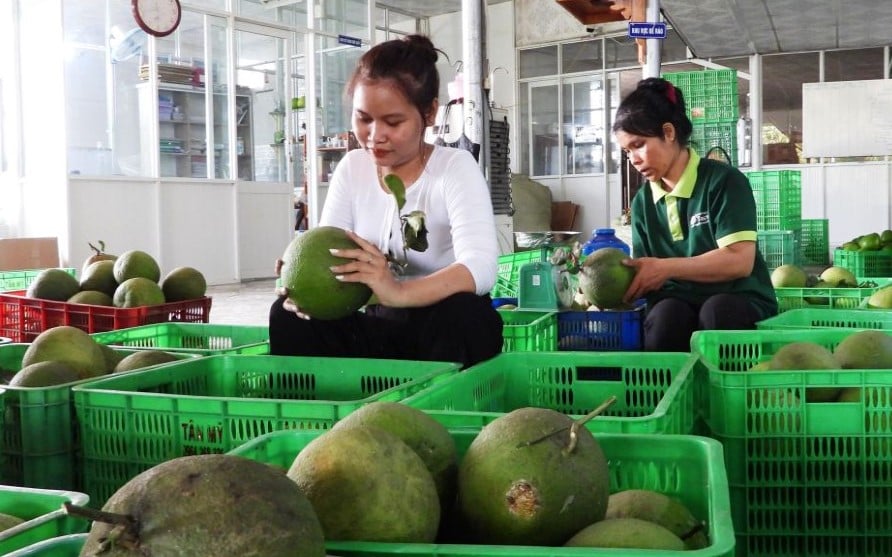
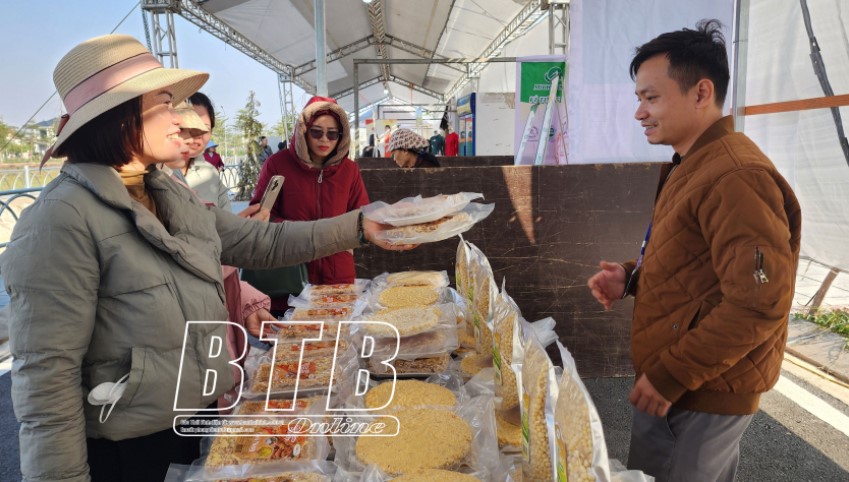


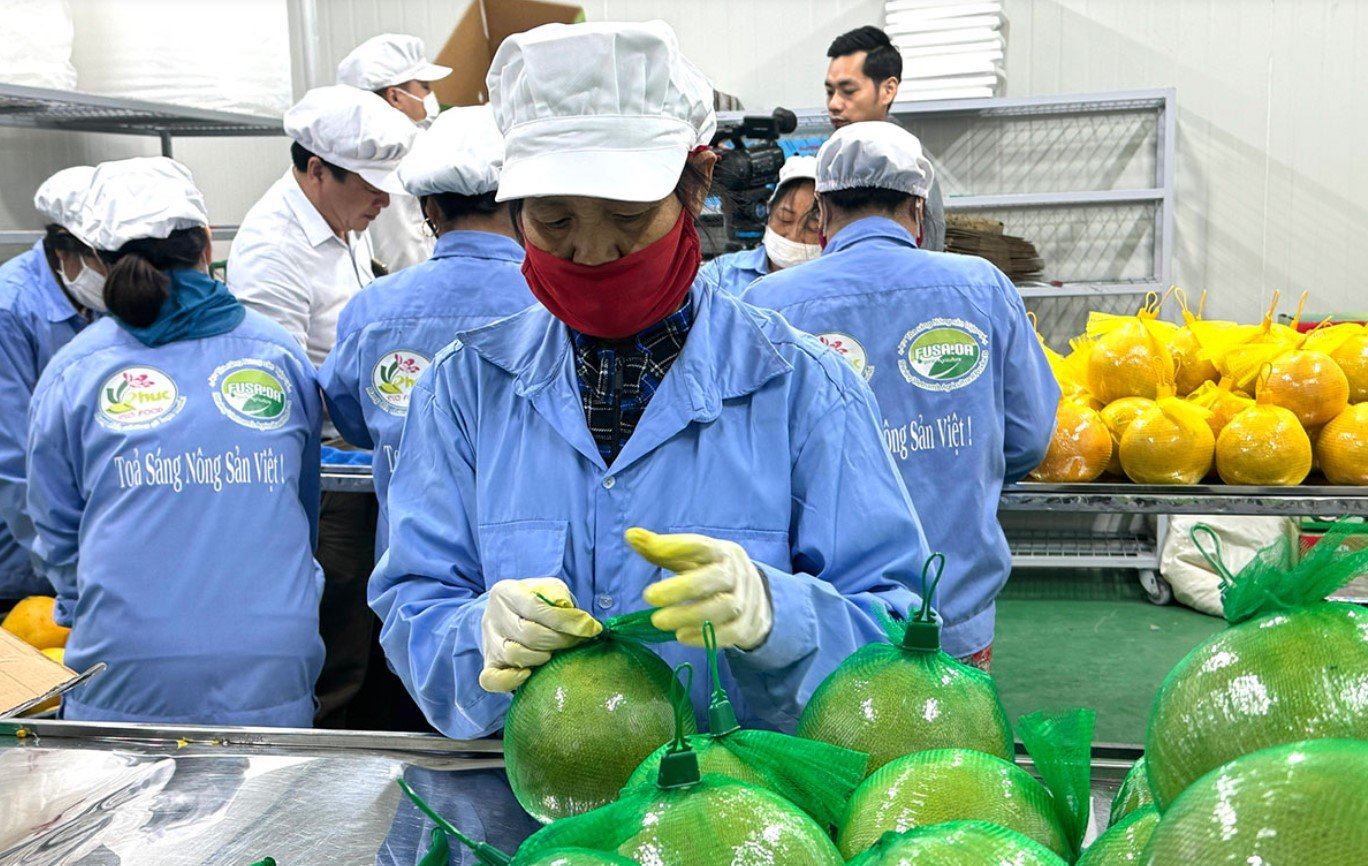



Comment (0)